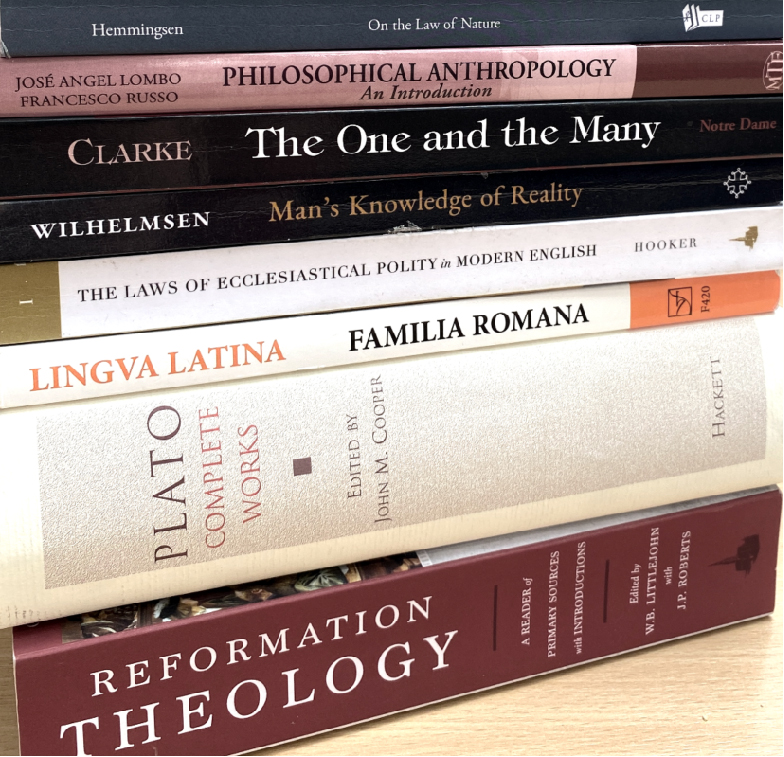The Reformation almost entirely did away with monasticism. Yet for over 1000 years, the monastic movement was itself a powerful force in the life of the church, at times for great spiritual good, at times to the detriment—and even Reformers like Martin Luther found some spiritual value in the writings of the monks who came before him even if he detested “monkery” as an institution. Who were the monks? What were their spiritual teachings? Do they have value today?
This course will follow the history and development of monasticism from the Desert Fathers of Egypt, through the Benedictine Middle Ages, to the world of the Cistercians, Carthusians, and Carmelites at the edge of Reformation while not neglecting the lives and literature of the eastern monks of Sinai, Judaea, Athos, and Russia. Every week students will engage with a different spiritual writer from the ancient and medieval monastic world, while the lectures will cover the history of the movement in all its vast glory.



